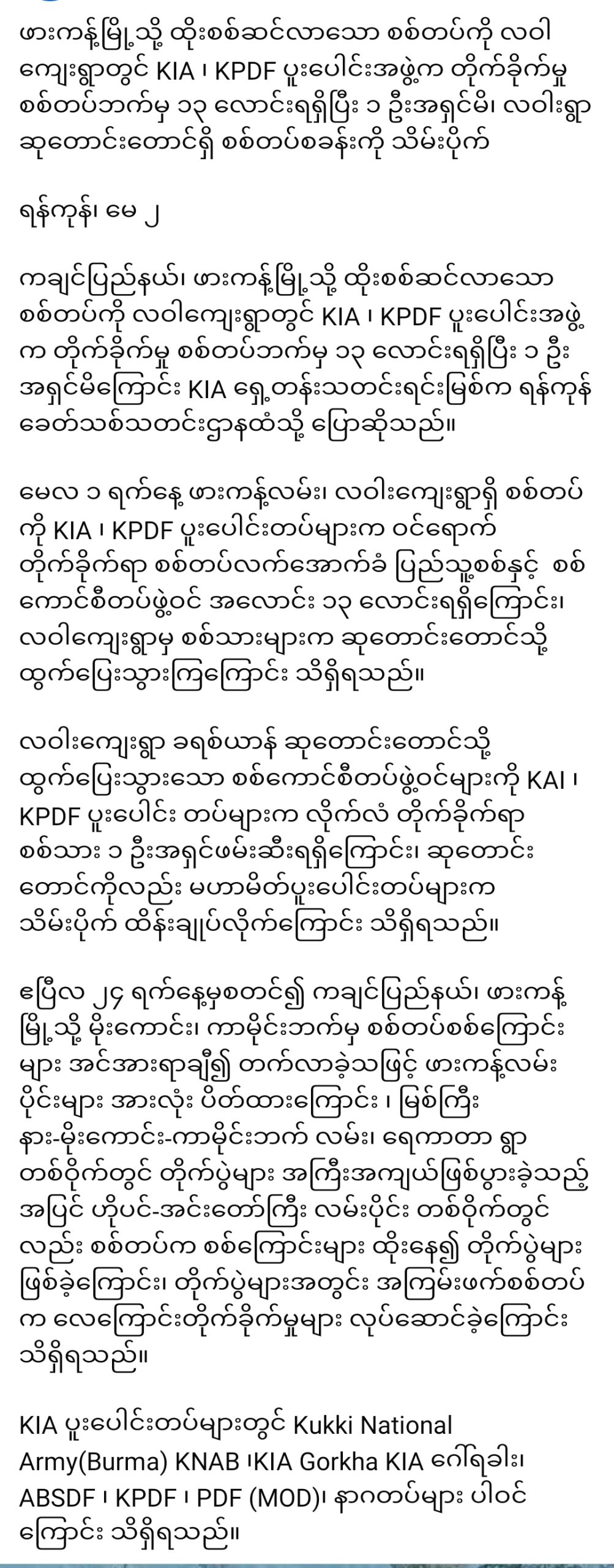
Algeria’s Freight Transport Industry
Algeria’s freight transport industry plays a significant role in supporting the country’s economy, particularly as it continues to diversify away from oil and gas. With its strategic location in North Africa and access to the Mediterranean Sea, Algeria has the potential to become a key logistics hub for regional and international trade. The country’s freight sector encompasses road, rail, air, and maritime transportation, with ongoing investments aimed at modernizing infrastructure and enhancing efficiency.
Road Freight Transport
Road transport dominates Algeria’s freight industry, accounting for over 85% of domestic cargo movement. The country has a network of over 100,000 kilometers of roads, including the East-West Highway, which connects major cities such as Algiers, Oran, and Constantine. Despite the extensive network, much of the infrastructure requires maintenance and modernization. Traffic congestion, delays, and inconsistent road conditions are challenges for transport companies. Nonetheless, the road sector remains vital for transporting agricultural products, construction materials, and consumer goods across the country.
Rail Freight Transport
Algeria’s rail network is one of the largest in Africa, covering over 4,000 kilometers. Operated mainly by the National Company for Rail Transport (SNTF), the rail system is used to transport heavy goods such as minerals, hydrocarbons, and industrial products. The government has invested in rail upgrades, including double-tracking and electrification projects. However, reliability and speed remain concerns for shippers. Rail freight has significant potential if modernized further, especially for long-distance haulage and industrial supply chains.
Maritime Freight Transport
Algeria’s maritime transport is crucial for international trade. The country has several major commercial ports, including Algiers, Oran, Skikda, and Annaba. These ports handle the majority of Algeria’s import and export activities, particularly for oil, gas, and bulk goods. The port of Algiers is the largest and busiest, serving as a gateway to Europe and beyond. However, port operations often suffer from inefficiencies such as bureaucratic delays, outdated equipment, and long cargo dwell times. The government has initiated modernization programs and partnerships with international logistics firms to address these issues.
Air Freight Transport
Air freight in Algeria is relatively limited, used primarily for high-value, time-sensitive goods such as electronics, pharmaceuticals, and mail. Algiers Houari Boumediene Airport is the main hub for air cargo, though other airports also support freight operations. The market is constrained by high costs and limited cargo capacity. Still, with the rise of e-commerce and regional trade, there is potential for growth in this sector.
Challenges and Outlook
Despite its advantages, Algeria’s freight transport industry faces several challenges. These include outdated infrastructure, regulatory hurdles, high logistics costs, and limited private sector involvement. The government has acknowledged these issues and is working on reforms to improve logistics performance. Investment in multimodal transport, digitalization, and public-private partnerships is expected to enhance efficiency and competitiveness.
In conclusion, while Algeria’s freight transport industry has room for improvement, its strategic location and government support make it a sector with considerable growth potential. With continued investment and reform, Algeria could strengthen its role as a regional transport and logistics hub.


Leave a Reply